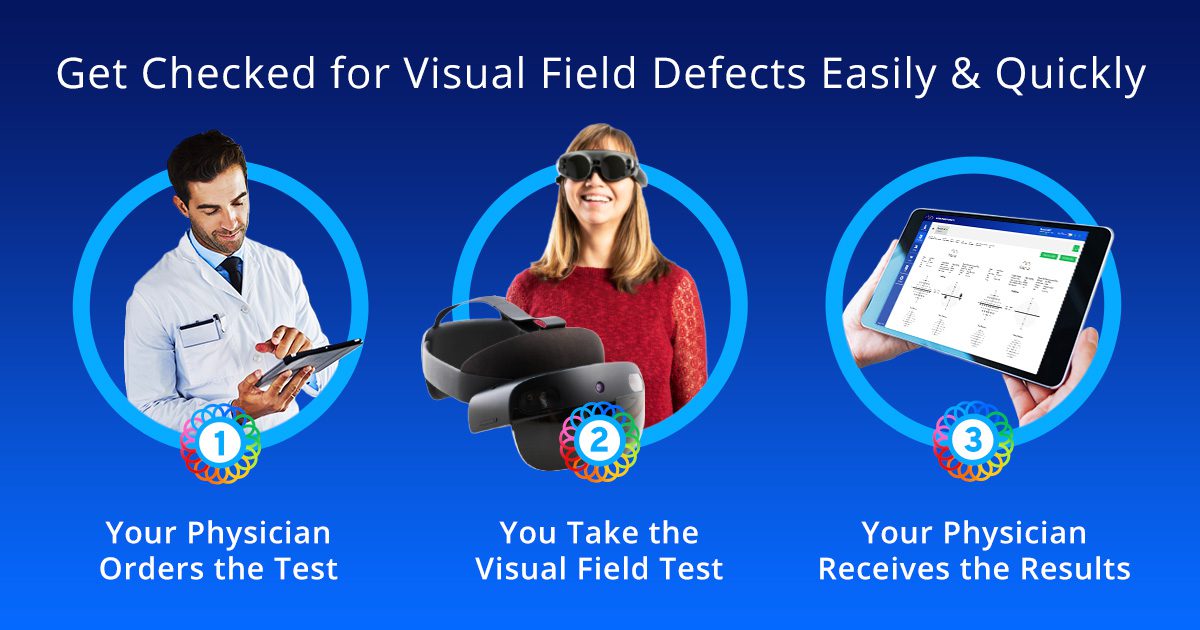Investors in Heru’s funding round include D1 Capital Partners, SoftBank’s Opportunity Fund, Krillion Ventures and Maurice Ferre
The Miami metro area continues to spin out promising medical technology startups incubated in its premier healthcare institutions. They form the foundation of a fast-growing South Florida healthcare startup sector that has been leading the region in drawing venture capital.
Heru is a medtech spinout from the University of Miami’s renowned Bascom Palmer Eye Institute, and it is building a next-generation cloud-based AI-powered platform for eye diagnostic and vision correction. Today, the company announced it has closed Series A financing of $30 million to accelerate development and commercialization.
The funding round was led by global investment firm D1 Capital Partners with participation from SoftBank’s Opportunity Fund, Miami serial medtech entrepreneur and Insightec CEO Maurice R. Ferre, robotics pioneer Frederic H. Moll, Miami-based Krillion Ventures, and other investors with extensive experience developing, launching and scaling cutting-edge medical technologies. The Series A follows a $2.7 million seed round in December 2020, and the $30 million in new funding joins a number of recent venture deals in the healthtech, medical device and biotech sector, which has been the most active in South Florida as measured by venture capital dollars and number of deals the past three years.
“This technology has the ability to fundamentally transform eye care,” said James Rogers of D1 Capital Partners. “Heru technology is designed to reduce the burden on the practitioner, increase billing opportunities and expand the point of care beyond the traditional eye care practice.”
Heru was founded in 2018 but the technology has been in the making for about 10 years now, said Dr. Mohamed Abou Shousha, founder and CEO of Heru (pictured above). “We are here at the No. 1 eye hospital and we see 300,000 patients a year, and we know the gaps in vision care. And this is what really inspired us to do this. We developed a technology that helps patients live a better life and a technology that democratizes vision care.”
The new funding will advance the development of the company’s initial application, Heru RE, an eye diagnostic and vision correction technology platform. “It is available for physicians to use inside Bascom Palmer Eye Institute, and in the last year we have shown 10x adoption,” the CEO said in an interview with Refresh Miami. “And as we speak it is being used in commercial pilots on the East and West Coasts of the U.S.”
Heru is developing vision augmentation software that is designed to correct the user’s vision effects in real time using AI. The technology is delivered through wearable devices and Heru is compatible with off-the-shelf AR/VR headsets such as Magic Leap’s device. What’s more, there are many more uses for the FDA-registered Heru platform, which is designed to diagnose a wide range of diseases without the need for large capital equipment investment and dedicated exam rooms, Dr. Abou Shousa said.
According to Heru, the platform is the only cross-platform solution that can autonomously diagnose vision defects and customize individual vision augmentation based on the user’s unique vision defects. Heru holds 24 patents on vision augmentation and wearable diagnostics to date and its technology was developed and clinically validated within the Eye Institute’s accelerator program and has been licensed exclusively to Heru.
The need is huge: An estimated 450 million people worldwide experience visual field defects or double vision, but limited access can mean long waits for eye appointments to get the care they need.
“We have finally reached a point where the technology has caught up to the research and the science coming out of Mohamed and Bascom Palmer,” said John Trefethen, Heru’s CMO who has worked at two of the largest ophthalmology device makers in the world. “And so, it’s time now for people to start shifting their thought processes from those large, cumbersome capital expensive devices to a future of wearable technologies that is customized for the patient, and that’s Heru’s mission, which is to open the floodgates where more patients are able to be seen with fewer waiting lines and be diagnosed much earlier.”

Follow @ndahlberg on Twitter and email her at [email protected]
- Full circle moment for Johanna Mikkola, the new CEO for Tech Equity Miami - April 22, 2024
- AI, Pitbull and startup optimism star at eMerge Americas Day 2 - April 20, 2024
- Tech and politics do mix at 2024 Miami Tech Summit, with eye on the future - April 18, 2024





